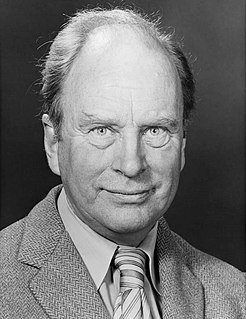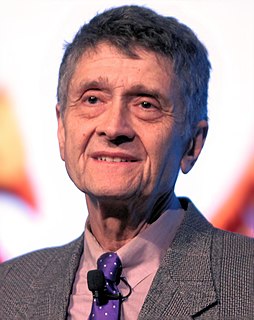A Quote by Hans-Hermann Hoppe
The recently ended twentieth century was characterized by a level of human rights violations unparalleled in all of human history. In his book Death by Government, Rudolph Rummel estimates some 170 million government-caused deaths in the twentieth century. The historical evidence appears to indicate that, rather than protecting life, liberty, and the pursuit of happiness of their citizens, governments must be considered the greatest threat to human security.
Quote Topics
Appears
Book
Caused
Century
Citizens
Considered
Death
Deaths
Ended
Estimates
Evidence
Government
Governments
Greatest
Greatest Threat
Happiness
His
Historical
History
Human
Human History
Human Rights
Indicate
Level
Liberty
Life
Million
Must
Protecting
Pursuit
Pursuit Of Happiness
Rather
Recently
Rights
Rudolph
Security
Some
Than
Threat
Twentieth
Twentieth Century
Unparalleled
Violations
Related Quotes
The greatest achievements in the science of this [twentieth] century are themselves the sources of more puzzlement than human beings have ever experienced. Indeed, it is likely that the twentieth century will be looked back at as the time when science provided the first close glimpse of the profundity of human ignorance. We have not reached solutions; we have only begun to discover how to ask questions.
Film is more than the twentieth-century art. It's another part of the twentieth-century mind. It's the world seen from inside. We've come to a certain point in the history of film. If a thing can be filmed, the film is implied in the thing itself. This is where we are. The twentieth century is on film. You have to ask yourself if there's anything about us more important than the fact that we're constantly on film, constantly watching ourselves.
We must understand the role of human rights as empowering of individuals and communities. By protecting these rights, we can help prevent the many conflicts based on poverty, discrimination and exclusion (social, economic and political) that continue to plague humanity and destroy decades of development efforts. The vicious circle of human rights violations that lead to conflicts-which in turn lead to more violations-must be broken. I believe we can break it only by ensuring respect for all human rights.
In the past 20 years alone, it adds up to more death than were caused by all the civil and international wars adn government repression of the entire twentieth century, the century of Hitler and Stalin. How much would we give to prevent those horrors? Yet how little are we doing to prevent today's even larger toll and all the misery that it involves? I believe that if you read this book to the end, and look honestly and carefully at our situation, assessing both the facts and the ethical arguments, you will agree that we must act.
Friedrich Hayek, who died on March 23, 1992 at age 92, was arguably the greatest social scientist of the twentieth century. By the time of his death, his fundamental way of thought had supplanted the system of John Maynard Keynes - his chief intellectual rival of the century - in the battle since the 1930s for the minds of economists and the policies of governments.
When the history of the 20th century is finally written, one of its key features will be the wanton slaughter of more than 170 million people, not in war, but by their own government. The governments that led in this slaughter are the former USSR (65 million) and the Peoples Republic of China (35-40 million). The point to remember is that these governments were the idols of America's leftists. Part of the reason for these and other tyrannical successes was because the people were first disarmed.
Given that the nineteenth century was the century of Socialism, of Liberalism, and of Democracy, it does not necessarily follow that the twentieth century must also be a century of Socialism, Liberalism and Democracy: political doctrines pass, but humanity remains, and it may rather be expected that this will be a century of authority ... a century of Fascism. For if the nineteenth century was a century of individualism it may be expected that this will be the century of collectivism and hence the century of the State.




































